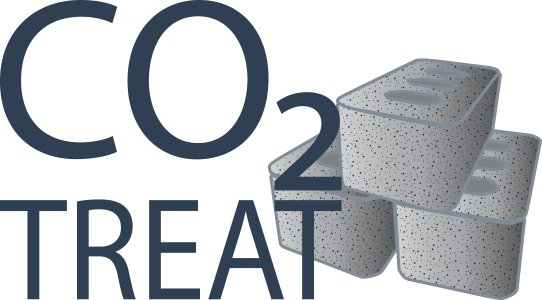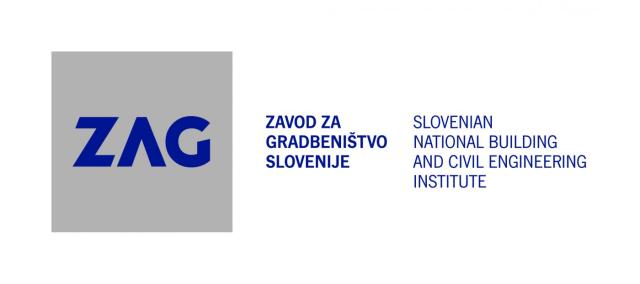Heidelberg Cement Group
Heidelberg Materials is one of the world's largest integrated manufacturers of building materials and solutions with leading market positions in cement, aggregates, and ready-mixed concrete. We are represented in over 50 countries with more than 51,000 employees at almost 3,000 sites. At the centre of our actions lies the responsibility for the environment. As the front runner on the path to carbon neutrality and circular economy in the building materials industry, we are working on sustainable building materials and solutions for the future. We enable new opportunities for our customers through digitalisation.
ZAG
Slovenian National Building and Civil Engineering Institute (ZAG) is a leading public research institution in the field of construction in Slovenia with over seventy years of tradition. ZAG contributes to the development of building materials and structures within the framework of interdisciplinary applied and fundamental research activities, testing, and assessment of conformity. A significant part of research and development activities is represented by various areas of sustainable development and the circular economy, with an emphasis on the transition to circular construction. Since 2003, ZAG has been a notified body for technical approvals and as such has the right to issue Slovenian Technical Approvals (STS) and European Technical Approvals (ETA), and is also a Certification body in the field of construction products.
RWTH
The RWTH Aachen University was established in 1870 and is currently one of the most important technical universities in Germany. Since its foundation in 1948, the Institute of Building Materials Research at RWTH Aachen University (ibac) has been developing to an internationally acknowledged research platform. The main activities of the building materials research group at ibac at RWTH Aachen can be divided in four areas:
i.) Research and development on low carbon binders and concrete
ii.) Utilisation of alternative raw materials as construction material and their environmental
compatibility
iii.) De-materialisation of the construction industry e.g. by using alternative reinforcement
concepts such as (carbon) textile reinforced concrete and novel manufacturing processes
iv.) Utilisation of CO2 as raw material (carbon curing, mineral carbonation)
The laboratory facilities at RWTH Aachen comprise state-of-the-art analytical tools for hydrate chemistry and mineralogy.
VITO
VITO (Flemish Institute for Technological Research) is a leading European independent research and consultancy center in the areas of cleantech and sustainable development, elaborating solutions for the large societal challenges of today. Sustainable chemistry, energy, health, materials management and land use: these are the five topics VITO focuses on. These topics have been set out in five research programs. They offer an answer to the challenges that mankind and society are confronted with today and in the future. VITO is working hard on sustainability and transition thinking as binding factors between the five research programs. VITO supplies innovative and high-quality solutions; whereby large and small companies can gain a competitive advantage and advises industry and governments on determining their policy for the future and collaborates with sector federations and their research center, universities and other European research institutes.
ArcelorMittal
ArcelorMittal is the world’s leading steel producing company and has an industrial presence in 19 countries around the globe. The AM Ghent site is a fully integrated site, containing all necessary facilities to convert raw materials into steel products with high added value. Every year, 5 million tons of flat carbon steel is shipped to automotive and industrial customers. Many cars, appliances, furniture and other applications are therefore made of our steel. Employing over 5000 people, we are one of the largest private employers in Flanders.





